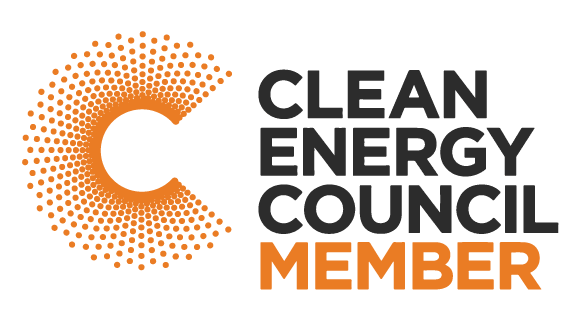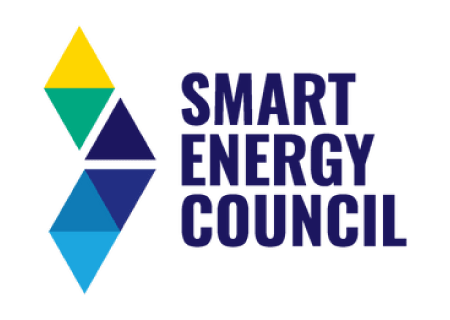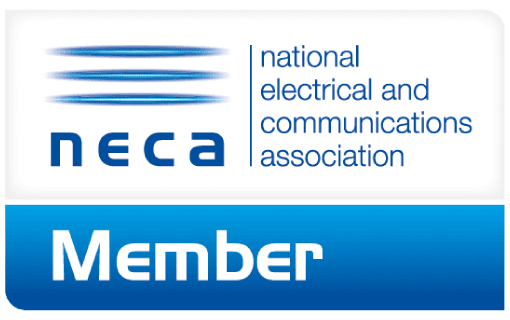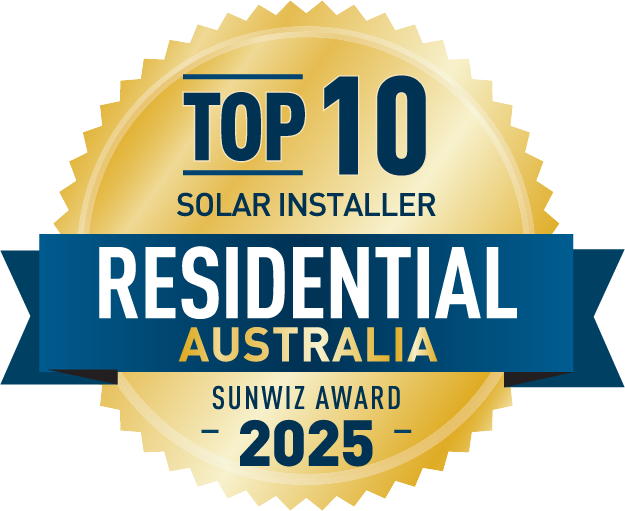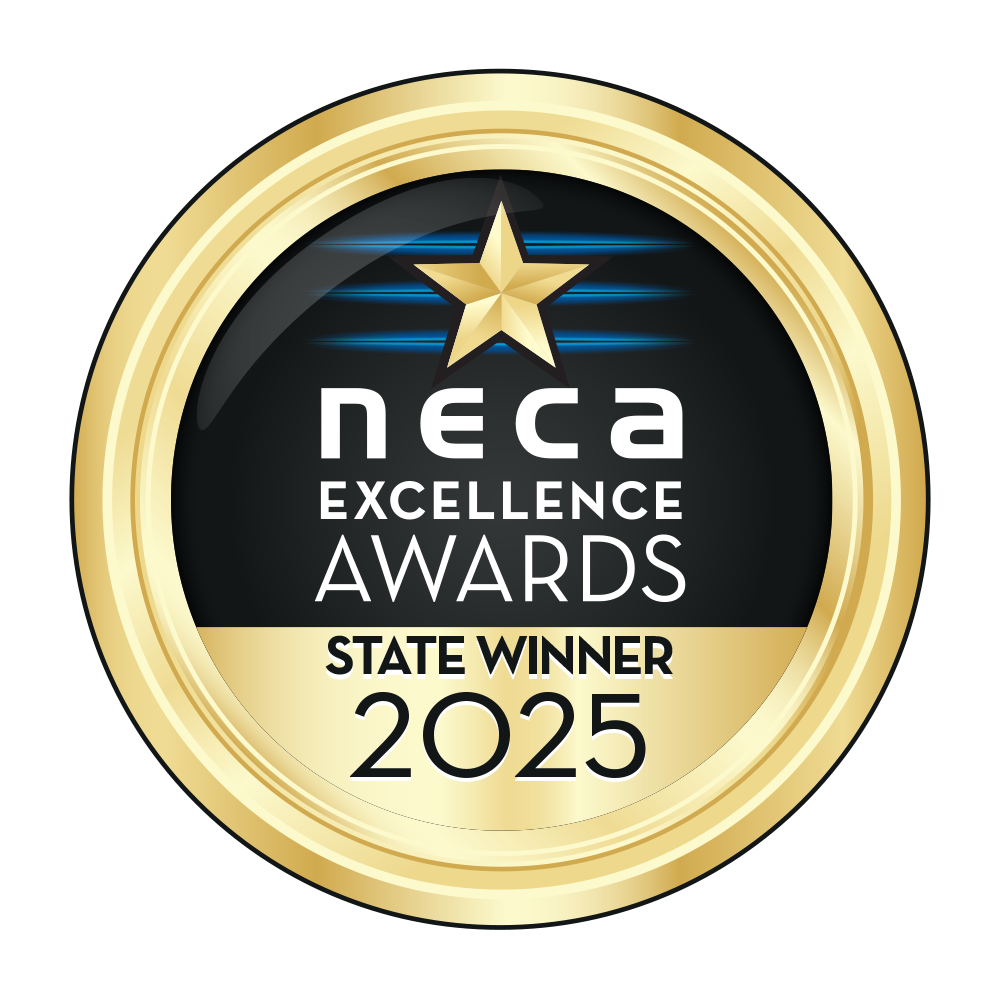Cheaper Home Battery Rebate set to significantly reduce from May 1st - Claim maximum rebate now. Learn more
Renewable energy doesn’t just come from the solar panels on your roof. A complete installation includes modern PV panels, thoughtful system design, a solar inverter, monitoring equipment and often battery storage too. Many Australians are also joining Virtual Power Plant (VPP) networks, to get away from the grid and earn while they generate.
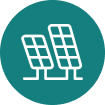
Solar PV Panels

Battery Inverter

Solar Storage

Monitoring Systems

Virtual Power Plant
The sun’s light is energy. Solar panels capture that energy by absorbing the light, which creates an electrical charge. They then pass on that charge through to a solar inverter.
With the sun's energy captured, your solar inverter transforms that energy into something your house can use – this device is usually mounted on the wall somewhere, or housed within your solar battery.
If you’ve got battery storage (which is recommended!), this unit stores all your excess solar electricity for use when the sun isn’t shining. That way you can continue to benefit from free renewable energy even at night, or during power outages.
If your battery is full and there’s still power leftover that you can’t use, you can export it back to the grid – often getting energy billing discounts or rebates in the process.
Government discounts and rebates may be available in your part of Australia, helping to reduce the cost to install solar power at your home or business.
Solar incentives come and go at both the federal and state level, but you’ll need to move quick – they don’t last forever, and they’re often in limited supply.
We’ll help you work out what discounts might be available to you, and whether you can also access interest-free loans, $0 down payments and monthly payment plans too.
What is your current average monthly bill?
General Contact Form
Most homes across Australia can benefit from solar power, though every house is different. To determine if your property is suitable for solar, your best option is to book a free site visit from our local electricians. We know what to look for, and we can help you understand what will work best for you.
This is another tricky question to answer, because every installation is unique. Solar installation prices can range from $3,000 to $12,000+, but that doesn’t mean that’s what you’ll pay. Government rebates, state incentives and interest-free loans or payment plans from private companies can all impact the price of a solar installation – even reducing up-front costs down to $0.
For a free quote specific to your property, give us a call.
Yes, it’s common for solar panels and battery storage to increase a home’s value. In fact, Domain research found that it could increase value by around 17.1% (houses), or 12.7% (units).
Learn more: Do solar panels increase your property value?
A single solar panel can take up around 1.6 metres-squared in roof space, and you might have 10 or more of those panels on your roof. The average roof in Australia is around 150-200 metres-squared or so, so most Australians will have plenty of space for rooftop solar.
Learn more: What to Look for When Buying a Solar Power System.
Yes, solar panels still work on cloudy days. While the electricity output may be slightly lower, depending on the extent of the cloud cover, you should still be able to generate power even when the sun isn’t shining at its brightest.
Learn more: 8 common solar panel myths – debunked
The best way to continue to use free energy from the sun even at night is to get battery storage alongside your rooftop solar system. This will allow you to generate and store electricity during the day, to be used at night when the sun goes away.
Learn more: Adding battery storage to your solar system
No, solar panels are known for requiring very little maintenance. Depending on your local climate, you will typically need to clean them two to four times a year (to remove dust, salt or bird droppings), but beyond that there isn’t much to think about.
For maintenance tips specific to your system, talk to us during your installation and we’ll let you know what you need to do. Or, chat with us about our solar servicing and maintenance services – we may be able to handle it on your behalf.
Yes, you can stay with your regular electricity provider even after you install solar. Solar panels and grid power can be used at the same time, allowing you to continue to draw electricity to top up your solar system during periods of high usage, or if your batteries run out.
That said, you’ll need to inform your power provider as this could impact your billing.
Learn more: Can you use solar panels and electricity at the same time?
You’ll need to consider a few things to understand the right size of solar power system for your property:
A simple rule of thumb is to divide your daily power usage (in kilowatt hours, or kWh) by four. This gives you the size of the solar panel system in kilowatts that will likely be sufficient to meet your average needs. So, if you determine you use about 32 kWh per day in power, an 8 kW system will probably meet your needs.
Of course, determining what size of solar power system is right for you is part of the consultation process, so we can help you with this.
Learn more: Solar Battery Sizing Guide: What Size Battery Do You Need?
Get away from the grid with a modern solar power installation from your local Think Renewable electricians. Book a free, no-obligations consultation today to talk about your property.
We’re an Aussie-owned business with experts who know Australians’ solar needs inside and out. Our innovative, jargon-free service, expert customer care and next-level technology will make sure you – and your monthly bills – feel the Think Renewable difference.
